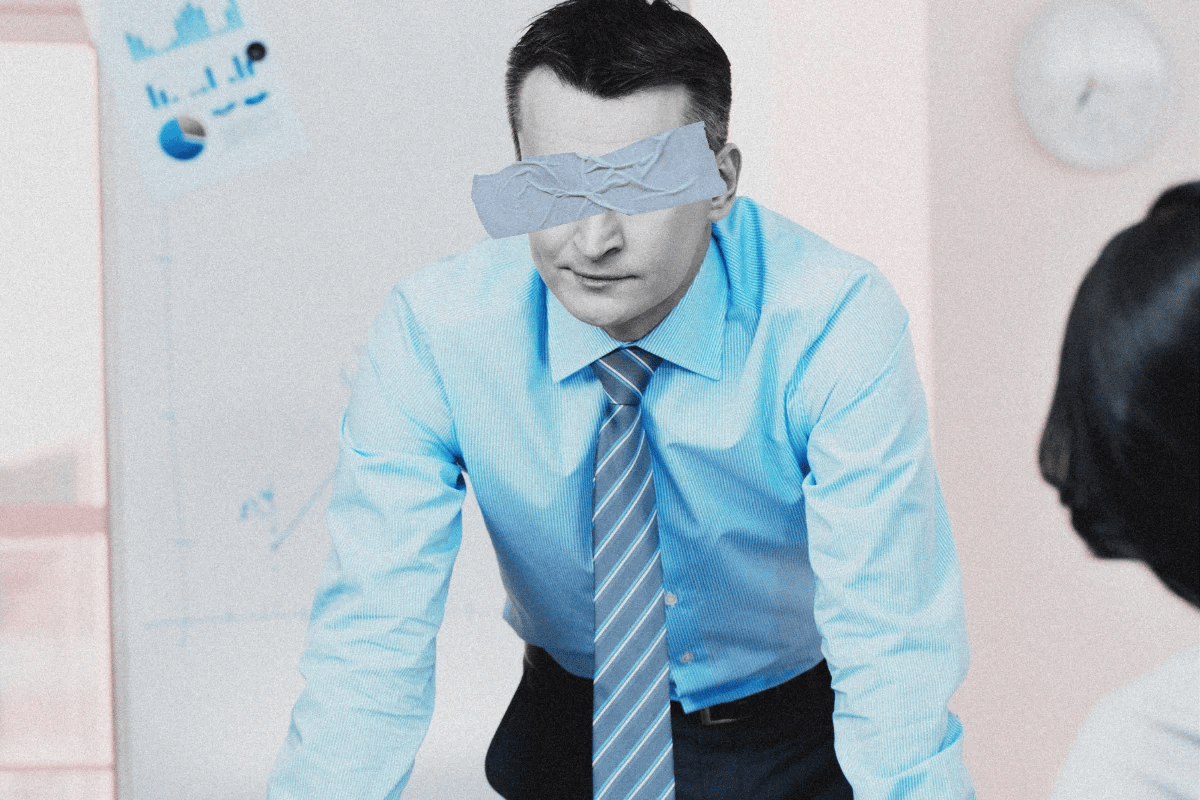
This column was originally written in the Outlouders newsletter. Sign up here to read all the issues.
Gregg Wallace is a man that you might not have heard about… but he's currently making headlines everywhere. He's been the presenter of MasterChef and Celebrity MasterChef UK for close to 20 years and he's making headlines because of his alleged offensive-yet-not-criminal behaviour in the workplace.
The 60-year-old TV personality has been accused of "inappropriate sexual behaviour" including jokes, "groping" and remarks towards women he works with on the show.
His initial defence (for which he subsequently apologised) was that his accusers were, "a handful of middle-class women of a certain age".
He has now stepped down from his role while production company Banijay UK investigates these claims.
When we talked about Gregg Wallace on the Mamamia Out Loud podcast, I was horrified but sadly not surprised by the response from our listeners. We heard a range of horrifying stories from women who've had to endure working with "that guy" in their workplaces, too.
Listen to Em Vernem and Holly Wainwright talk about "that guy" on the Mamamia Out Loud podcast. Post continues below.
"That guy" is the person you work with who hasn't exactly done anything criminal, but they make you feel extremely uncomfortable every single time they open their mouths. You try to avoid them at all costs, and according to some of the stories we've heard, it can be difficult to know when to report their behaviour because what they're doing isn't technically illegal.




























































































